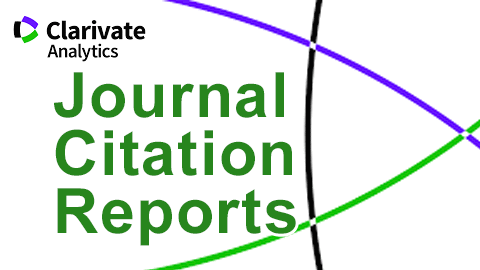The subjective and objective functions in Old English deverbal formations
Palabras clave:
Old English, suffixation, derivation, subjetive function, objetive functionResumen
Abstract. The aim of this paper is to analyze Old English deverbal nouns derived by means of the sufffixes -a, -bora, -e, -en, -end, -ere/-re, -icge, -estre/-istre/-ystre, -o, and -u. The analysis is based on the derivational functions and the types of lexical derivation and category functions proposed by Lexeme-Morpheme Base Morphology. After the analysis of 480 complex nouns, several conclusions are reached regarding the subjective vs. objective profile of derivatives. In this respect, the subjective function is more widespread than the objective one. It also turns out that most suffixes perform both derivational functions. Moreover, by finding a clausal correlate for complex nouns displaying these affixes, two types of derivational relationship have been found. Firstly, the explicit derivational relationship as in bacan 'to bake' ~ bæcestre 'baker', in which a full derivational morpheme turns up in the derivative, and, secondly, the implicit derivational relationship, such as the one holding in ri:dan 'to ride' ~ ridda 'rider', in which no derivational morpheme is present from a strictly synchronic point of view.Descargas
Publicado
Número
Sección
Licencia
Reconocimiento – No comercial (CC BY-NC). Bajo esta licencia el usuario puede copiar, distribuir y exhibir públicamente la obra y puede crear obras derivadas siempre y cuando estas nuevas creaciones reconozcan la autoría de la obra original y no sean utilizadas de manera comercial.
Los autores retienen todos sus derechos de publicación y copyright sin restricciones.








